Hair has often been synonymous with a symbol of identity – especially dreadlocks. It’s more than just a style; it’s an attitude, a way of life, inspiring passion and disapproval in equal measure. So why is it more popular than ever?
What do you think when you see someone with dreadlocks? Do you assume that they are a Rastafarian? Does it mean to you they have a liking for listening to reggae and smoking joints?
What other assumptions do you make based on a person’s choice of hairstyle? Or do dreads tell a different story now?
Hair has always carried a special significance of the wearer’s sense of self and the image they are trying to project.
Hair has also long been connected to religion – Sikhs, Orthodox Jews, Buddhist monks are all identifiable by their hair (or the lack of it). But dreadlocks are not just about religion; in fact, most of the dreadlocks you see today have got as much to do with the Rastafarian religion as a short back and sides.
On the other hand, to dismiss these newer dreadlocks as just “fashion” dreads largely misses the point. Speak to anyone, black or white, with dreads and they will eulogize them. They will tell you that it’s more than a hairstyle; it’s an attitude, a “dread head” mentality, a way of life.
However, the link between hair and black identity cannot be underestimated. Wearing your hair in any “natural” or traditional style (such as braids) is a way of turning your back on a society that is constantly telling black people that their hair in its natural state simply isn’t good enough – that only short hair is acceptable (if you’re a man) or chemically straightened (if you’re a woman).
In the 1960s, the afro was the militant black person’s hairstyle of choice but, over the years, the afro lost its ability to shock. As a friend puts it, “Once your mum thinks it’s OK, it is all over.”
It is dreadlocks that are the controversial hairstyle today. They are a talking point. People – black and white – will assume a level of political awareness if you have dreadlocks. Then there’s the constant questioning. Are you a Rasta? Are they real? How long have you had them? And, inevitably, have you got any gear? Everyone seems to have an opinion.
I’ve always seen dreadlocks as a positive hairstyle, and also a brave one. They come with a burden of responsibility. To you, they might be no more than a fashion statement, but others won’t see them that way. Yet, despite all the baggage, those with dreads talk about them emotionally, passionately even.
As the kind of people who wear their hair in dreadlocks has changed and so too has their meaning… What do dreadlocks mean to you?
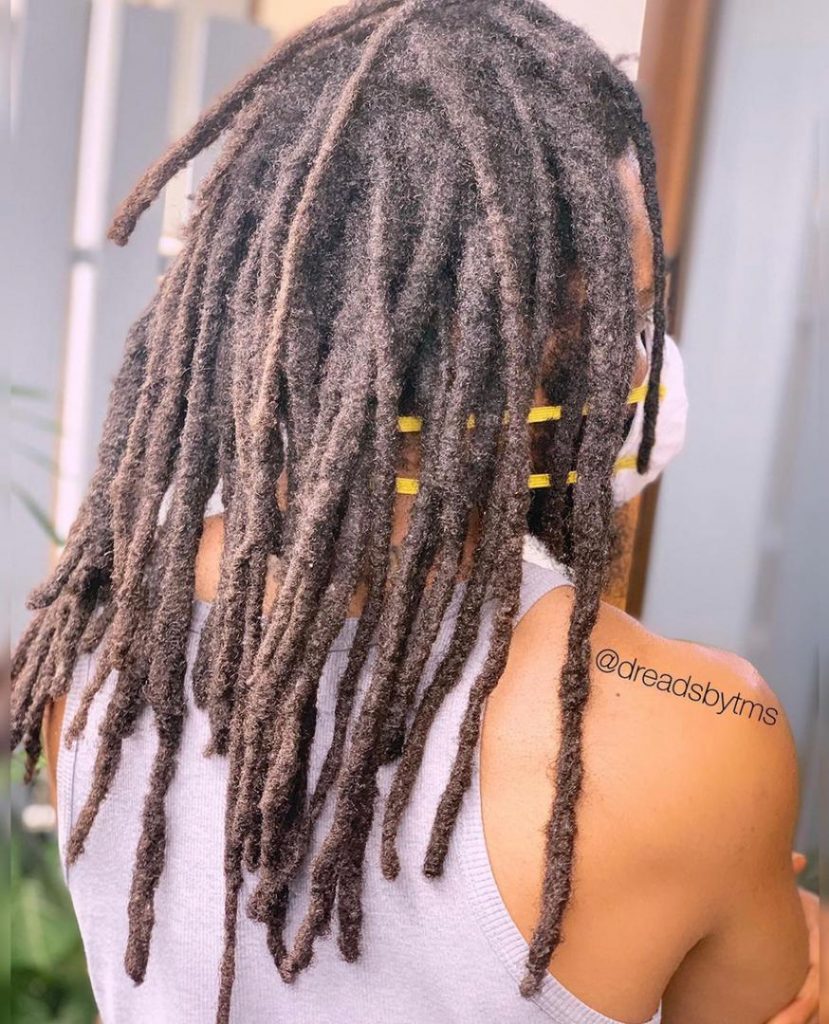
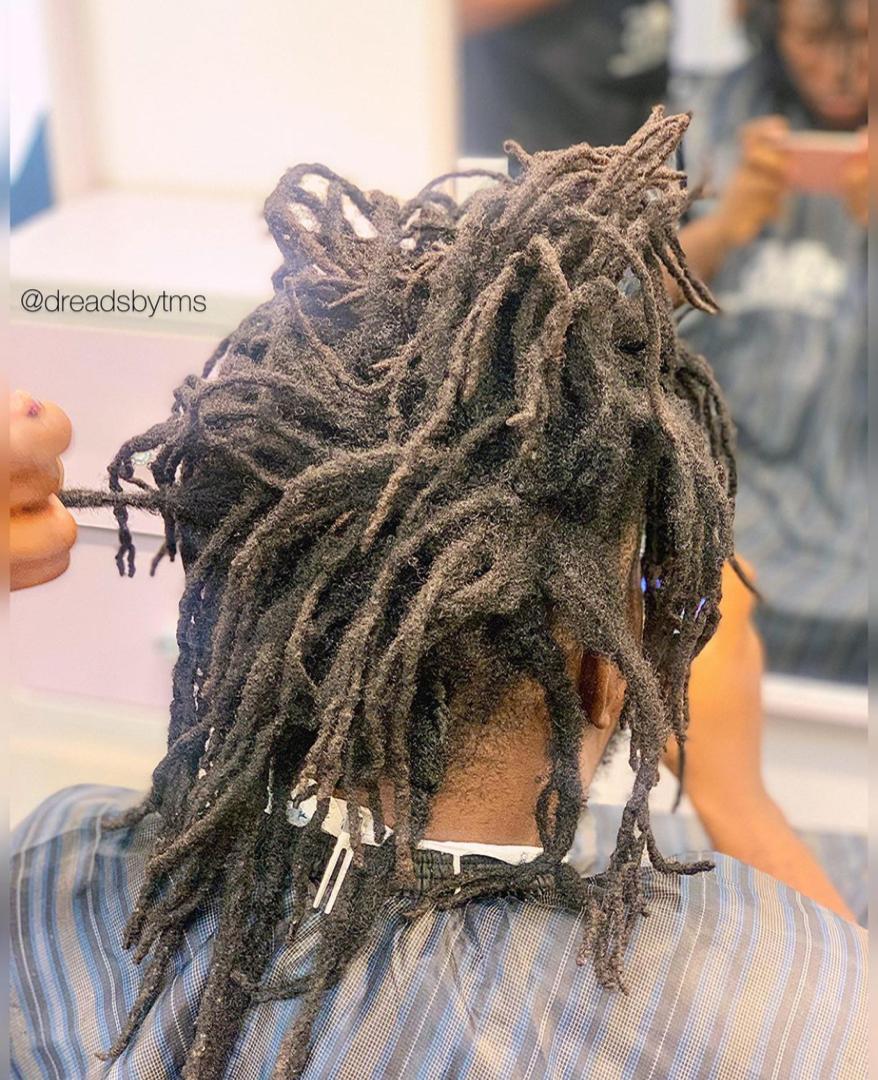
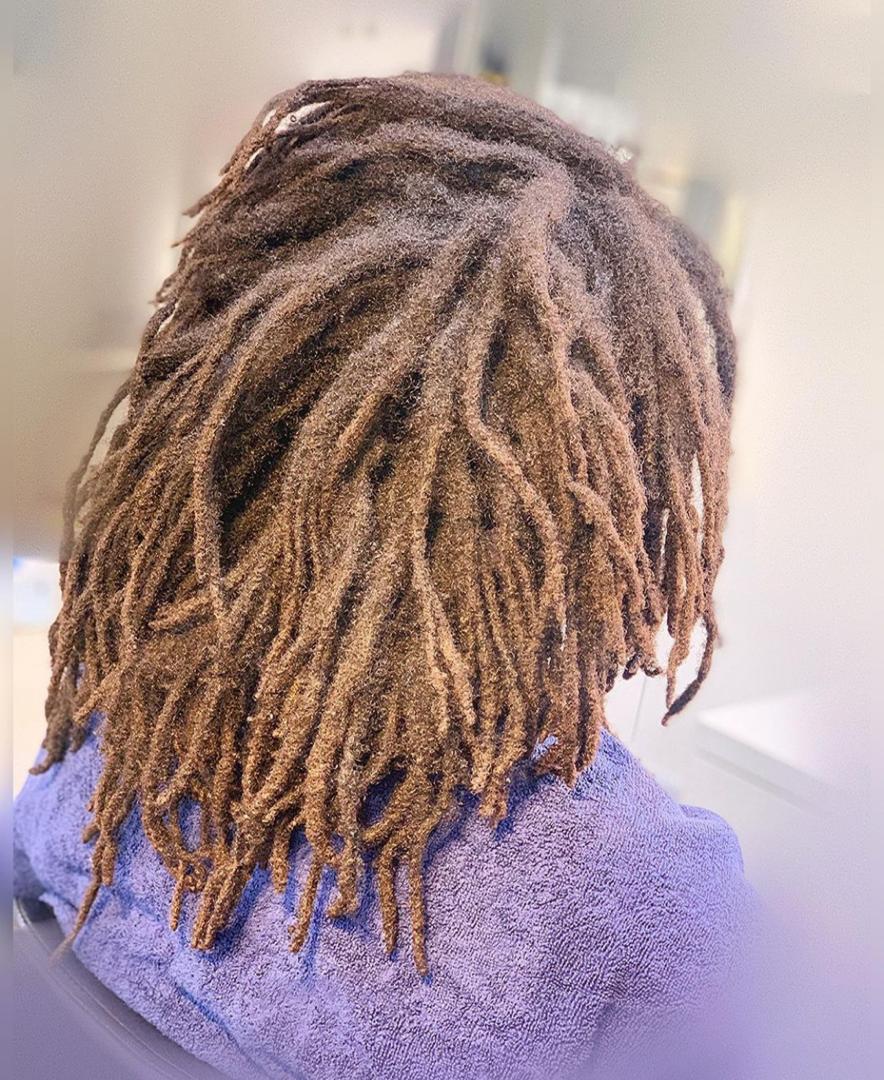
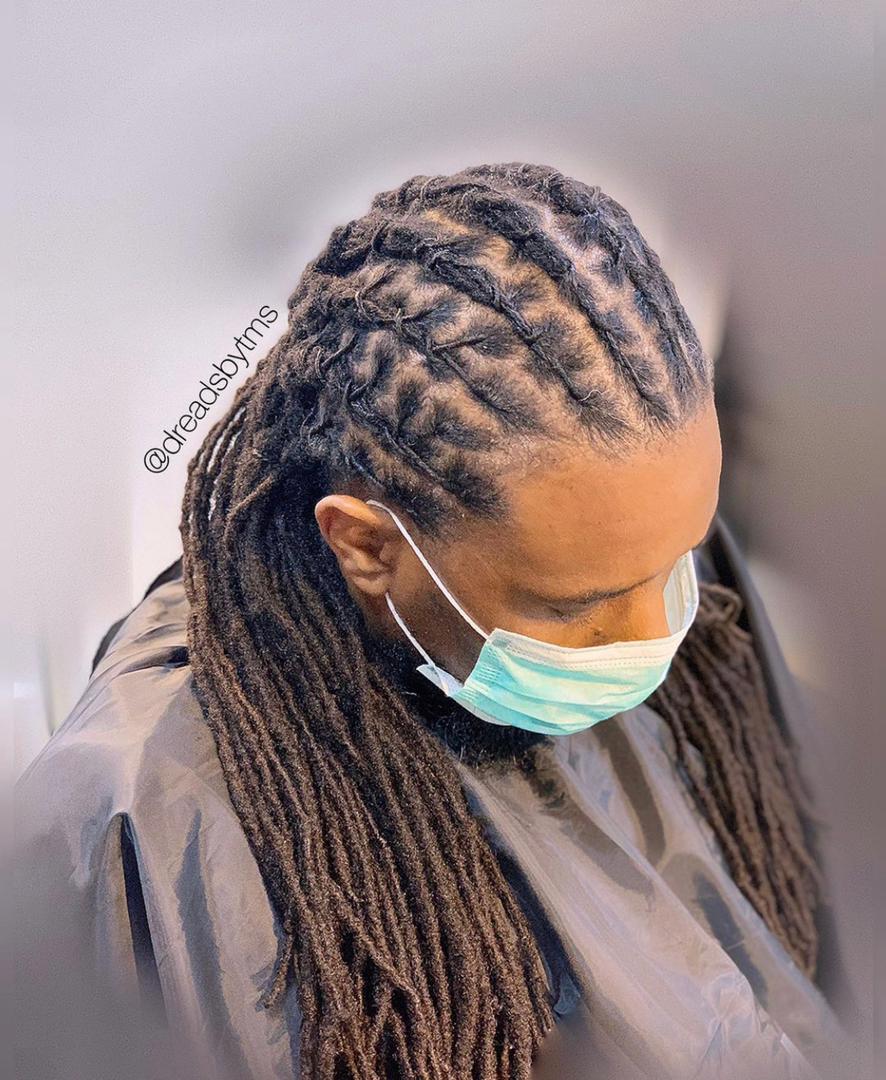
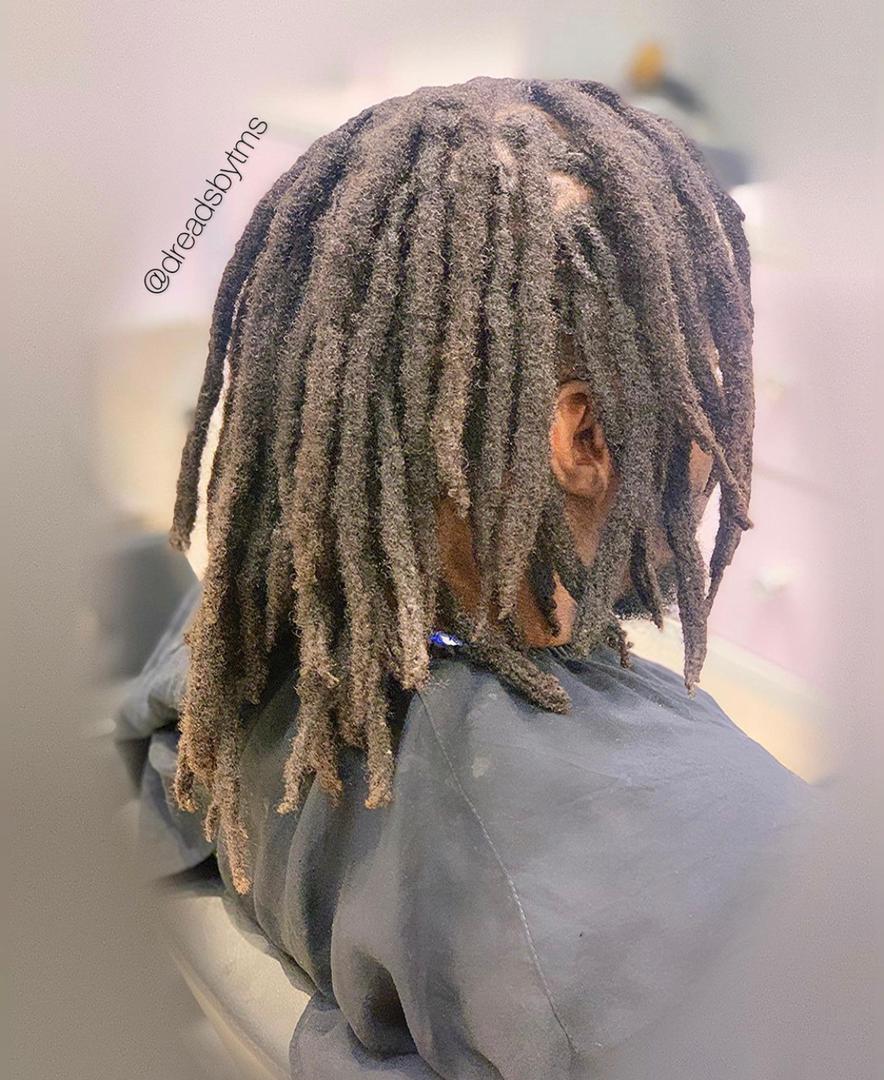

Locs are indeed more than just a hairstyle
Locs is a lifestyle. It’s a story. It’s goal. Locs is Life!
Dreadlocks is indeed a lifestyle ☺️
Loc is an attitude, a lifestyle and an art
dreadlocks are symbolic of the Lion of Judah which is sometimes centered on the Ethiopian flag. Rastafari hold that Haile Selassie is a direct descendant of King Solomon and the Queen of Sheba, through their son Menelik I. Their dreadlocks were inspired by the Nazarites of the Bible.
Locs is beauty personified
DREADLOCKS IS INDEED RECOGNIZED TODAY …. IT A “LIFESTYLE””
Locs are beautiful and has no negativity, Nature gives it out too. It’s more than a life style.